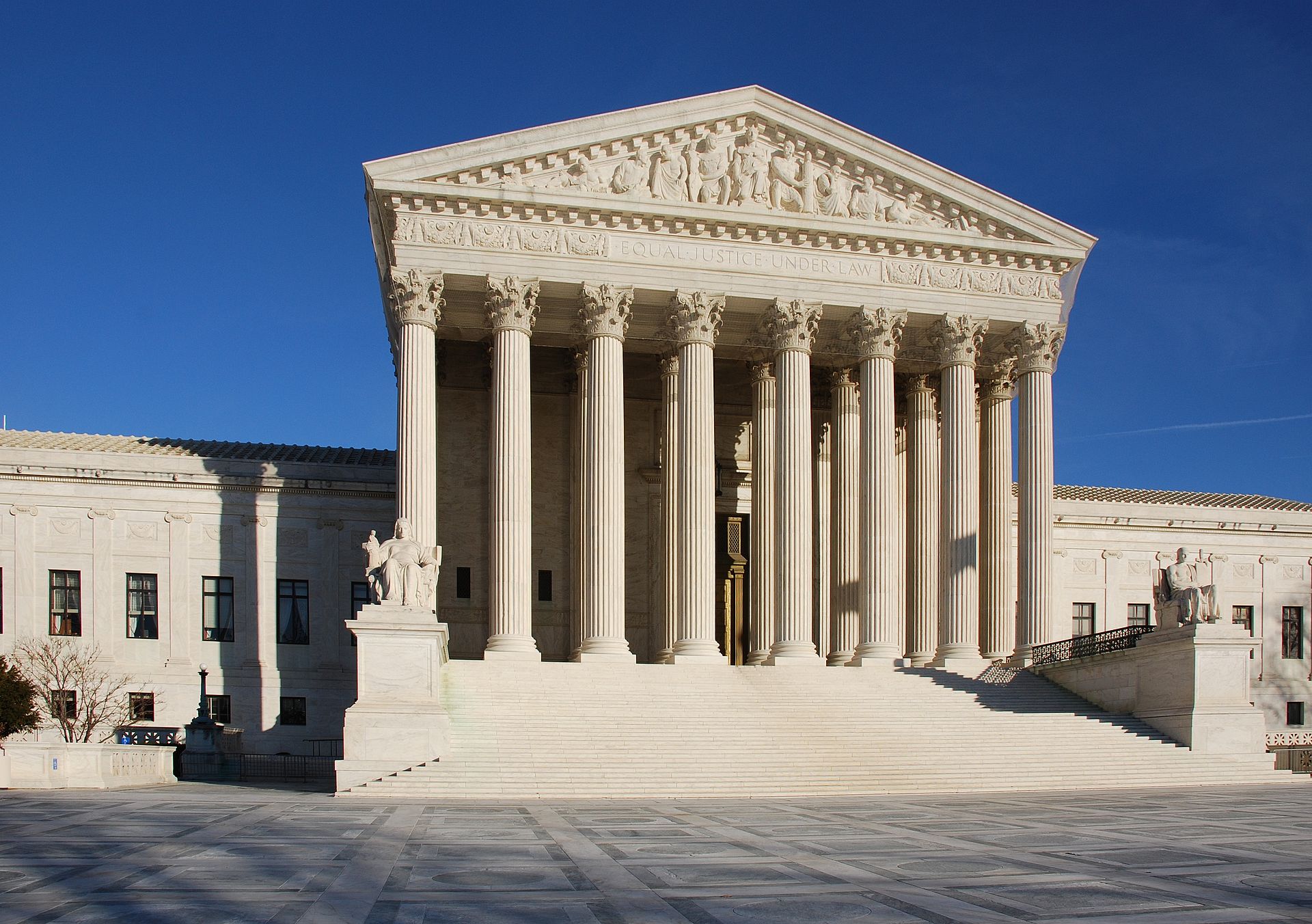On November 9, the U.S. Supreme Court agreed to hear Carr v. Saul, a case involving the president’s appointment and removal power and whether people may raise Appointments Clause arguments in court that they did not make during administrative proceedings.
The Social Security Administration (SSA) denied Willie Carr’s application for Social Security disability benefits and rejected his appeals. While his appeal in federal court was pending, the U.S. Supreme Court decided Lucia v. SEC, in which the court held that administrative law judges (ALJs) working for the Securities and Exchange Commission (SEC) were improperly appointed. Carr added to his appeal in federal court the argument that the SSA ALJ who decided his benefits case was improperly appointed.
A district court in Oklahoma ruled in Carr’s favor, but the 10th Circuit reversed the district court, arguing that Carr had to have made his Appointments Clause challenge during proceedings at the SSA and could not raise the issue for the first time in federal court. Now, the U.S. Supreme Court will decide whether people must raise issues during administrative proceedings before being allowed to ask courts to weigh in on them during judicial review.
The Appointments Clause of the U.S. Constitution gives the president the power, with the advice and consent of the U.S. Senate, to appoint ambassadors, public ministers and consuls, justices of the Supreme Court, and other officers of the United States. The clause allows Congress to give authority to the president alone, courts, or department heads to appoint inferior officers.
Debates over the extent of the appointment and removal power and how it applies to those who work in federal agencies are part of a broader debate about executive control of agencies. Executive control of agencies is one of five pillars key to understanding the main areas of debate about the nature and scope of the administrative state.
To learn more about the case or executive control of agencies, see here:
Five pillars of the administrative state: Executive control of agencies
Additional reading:


